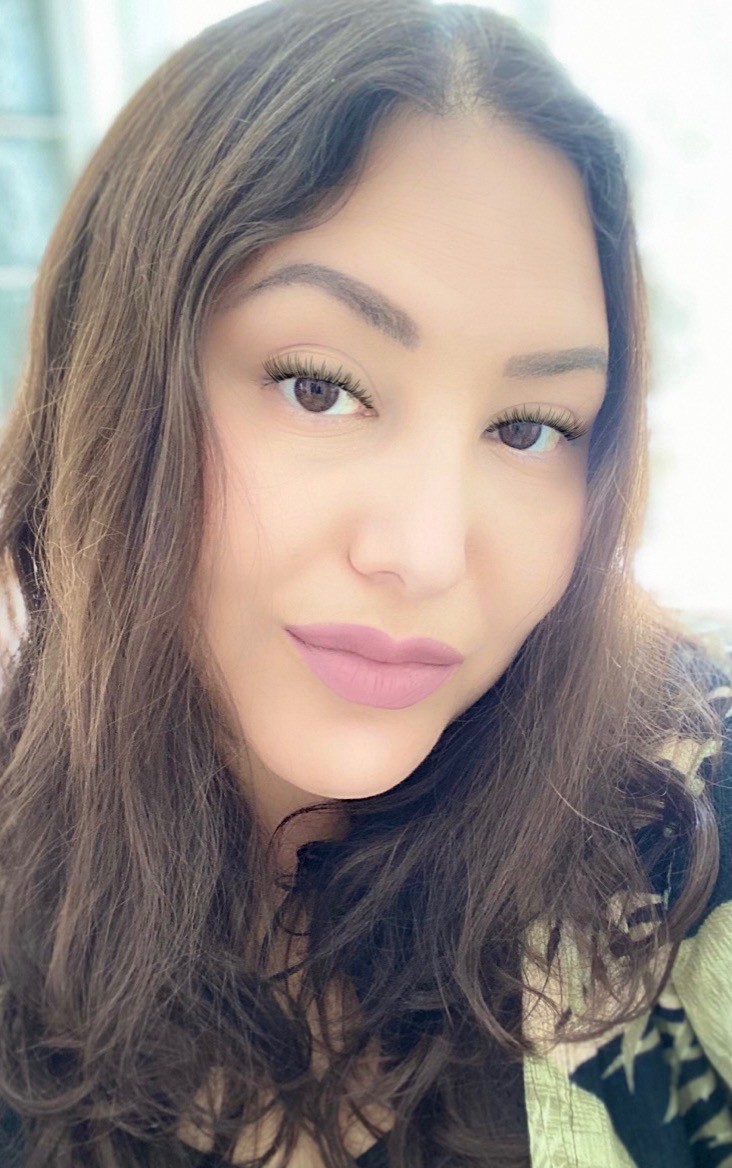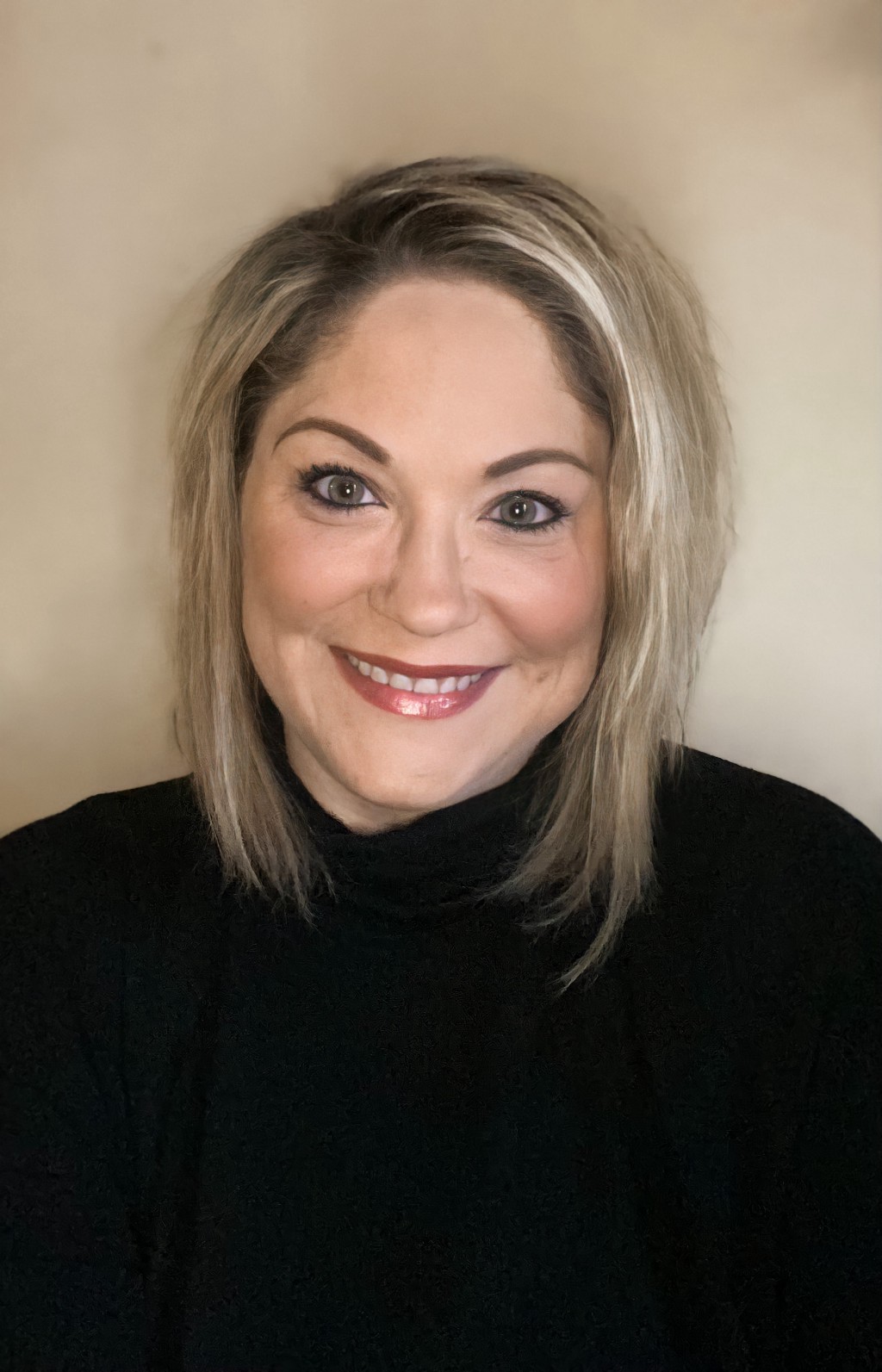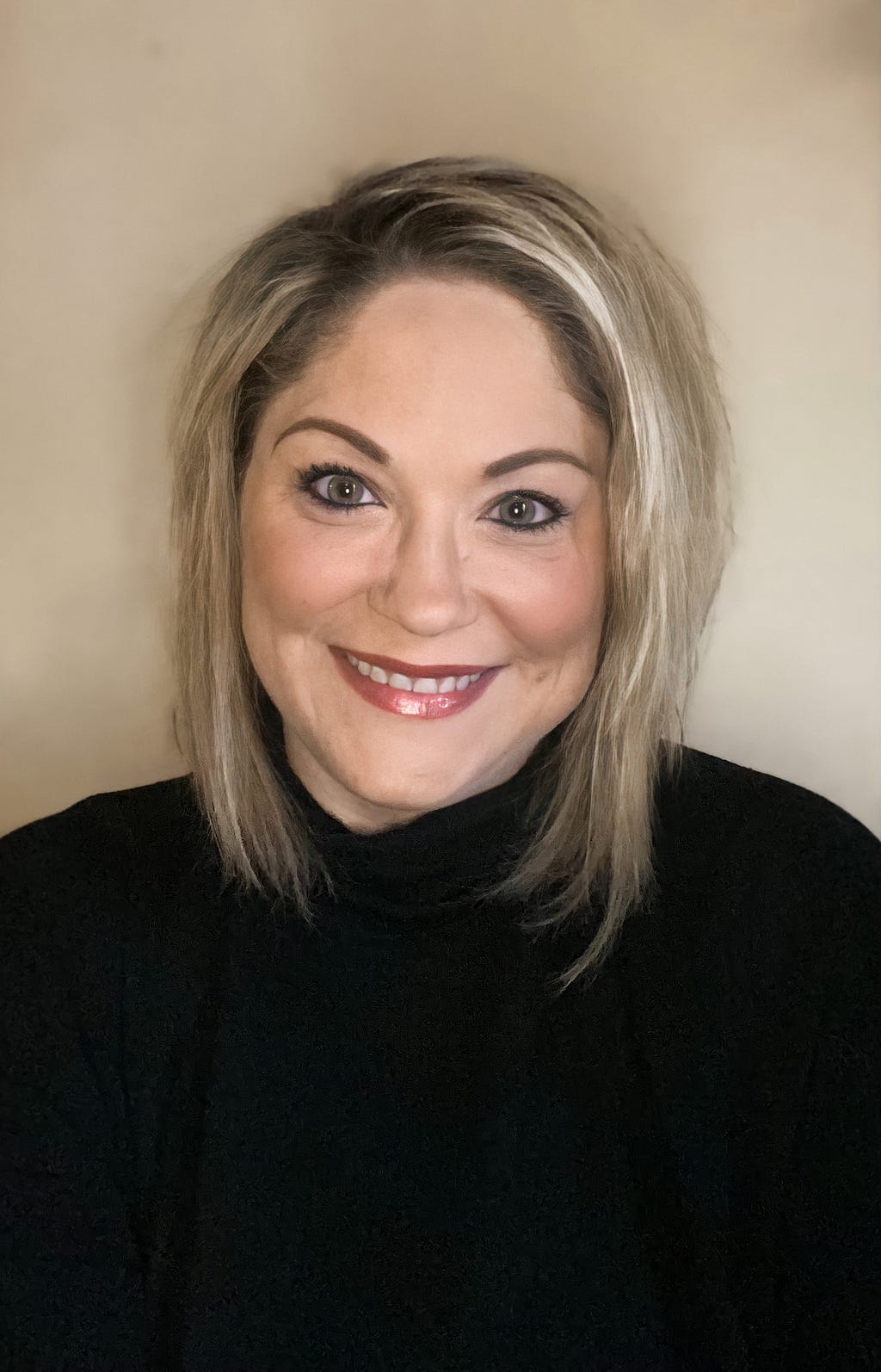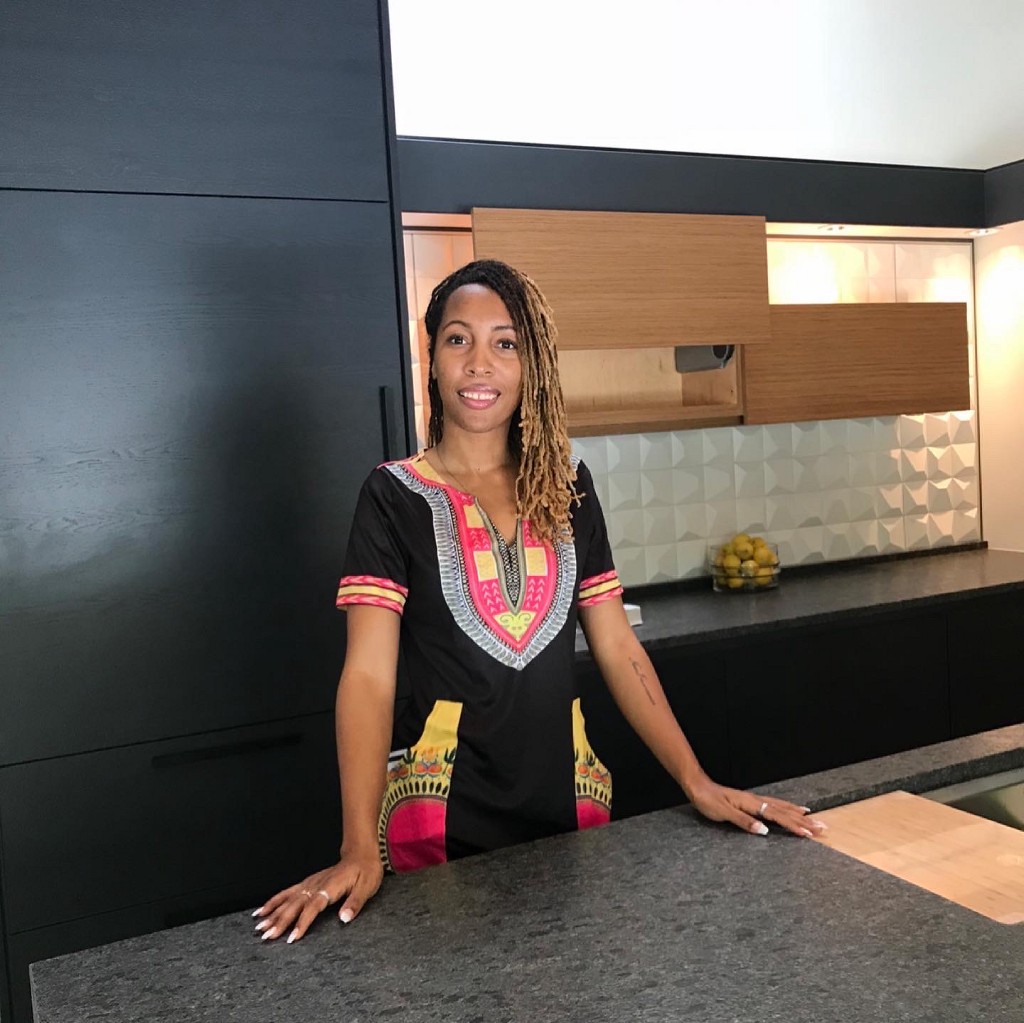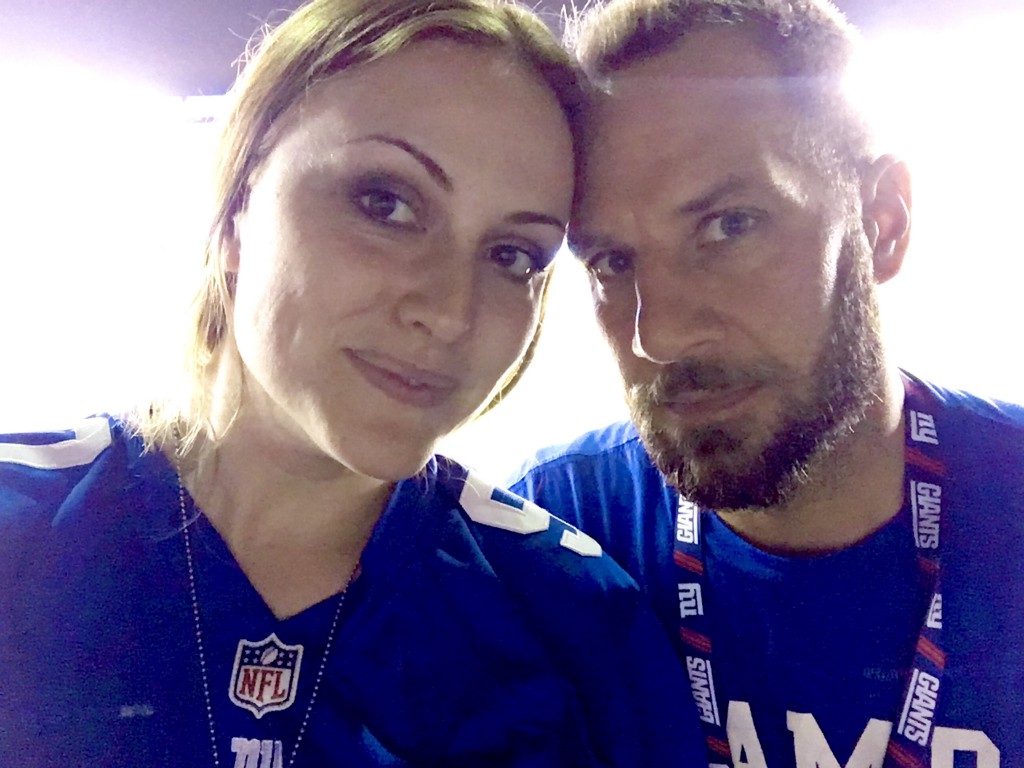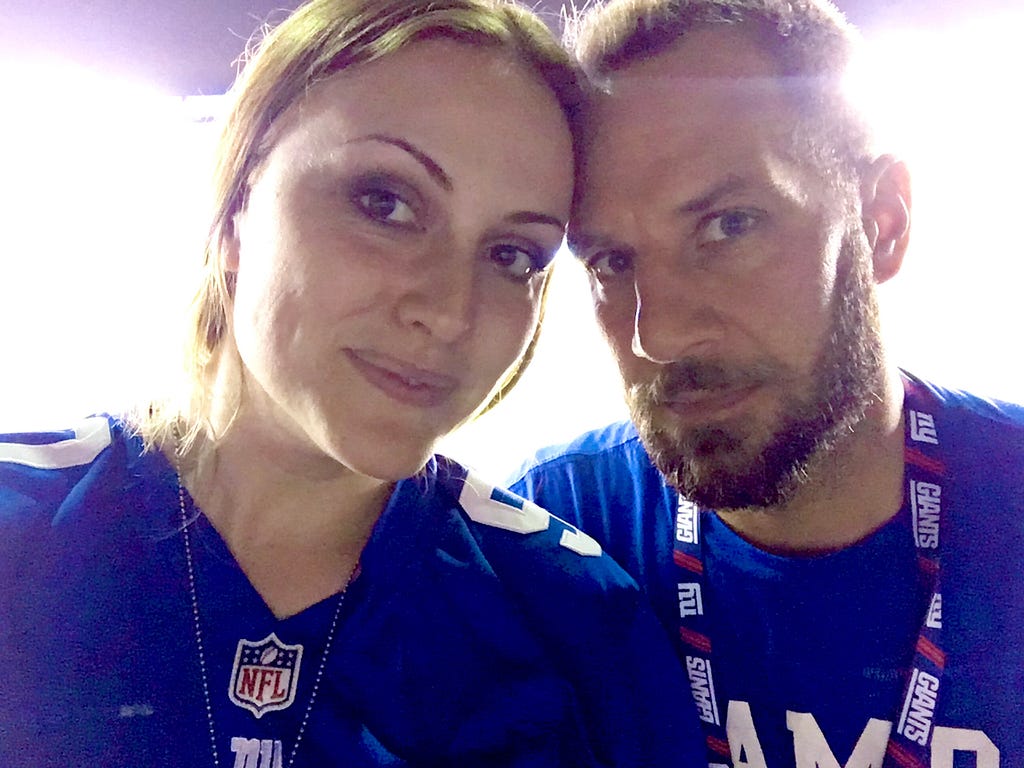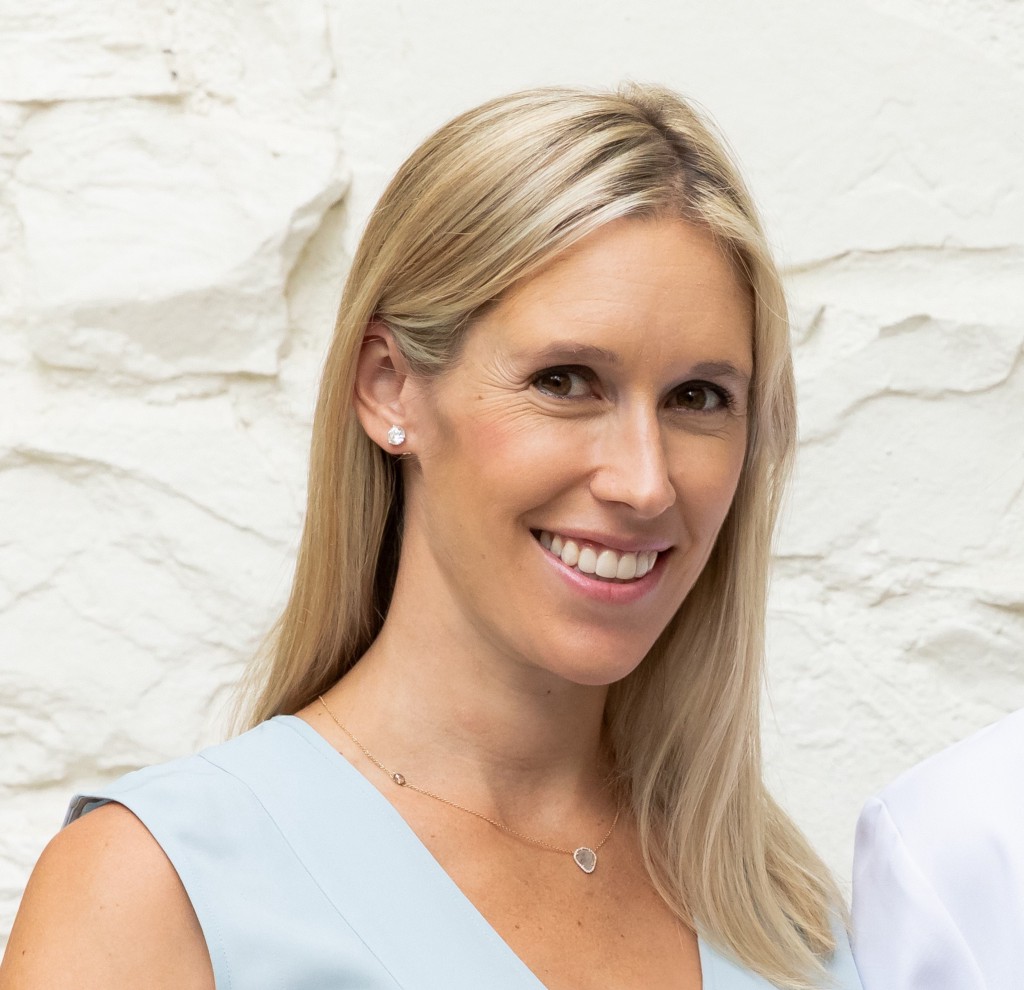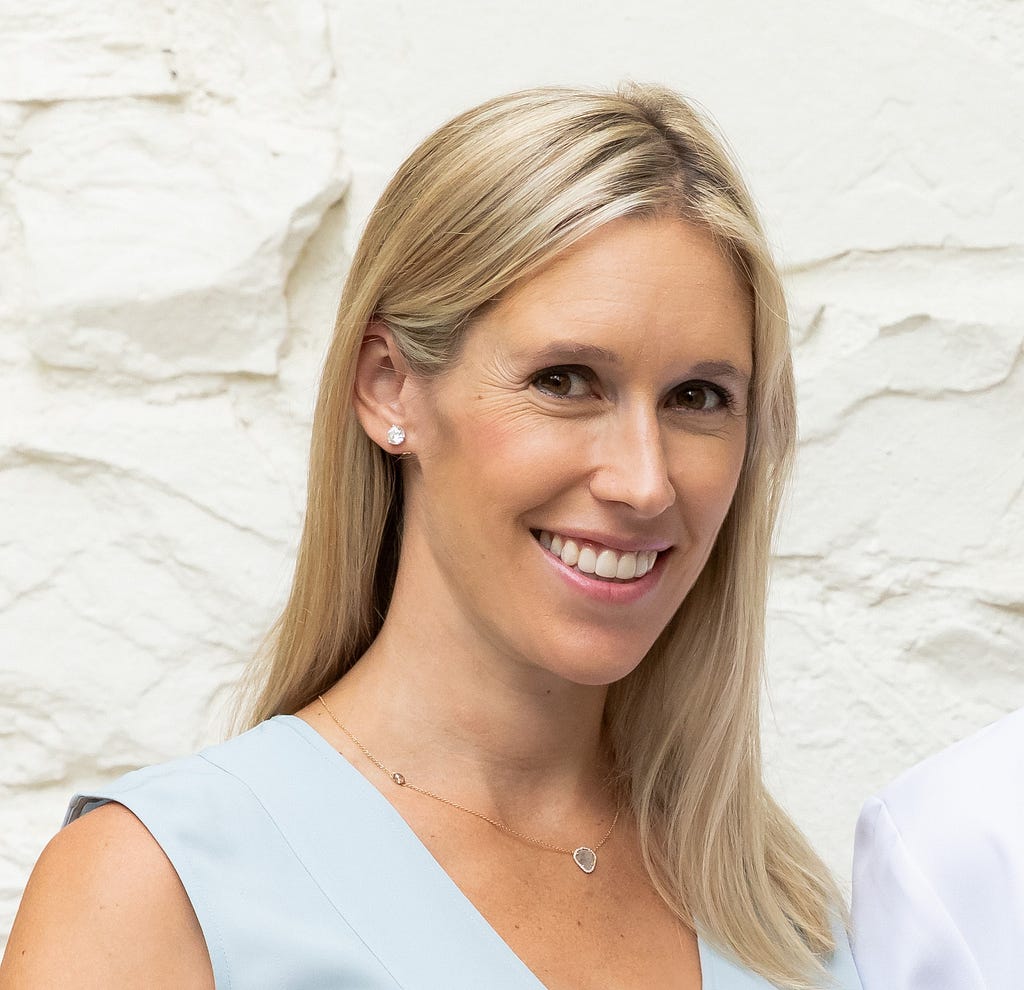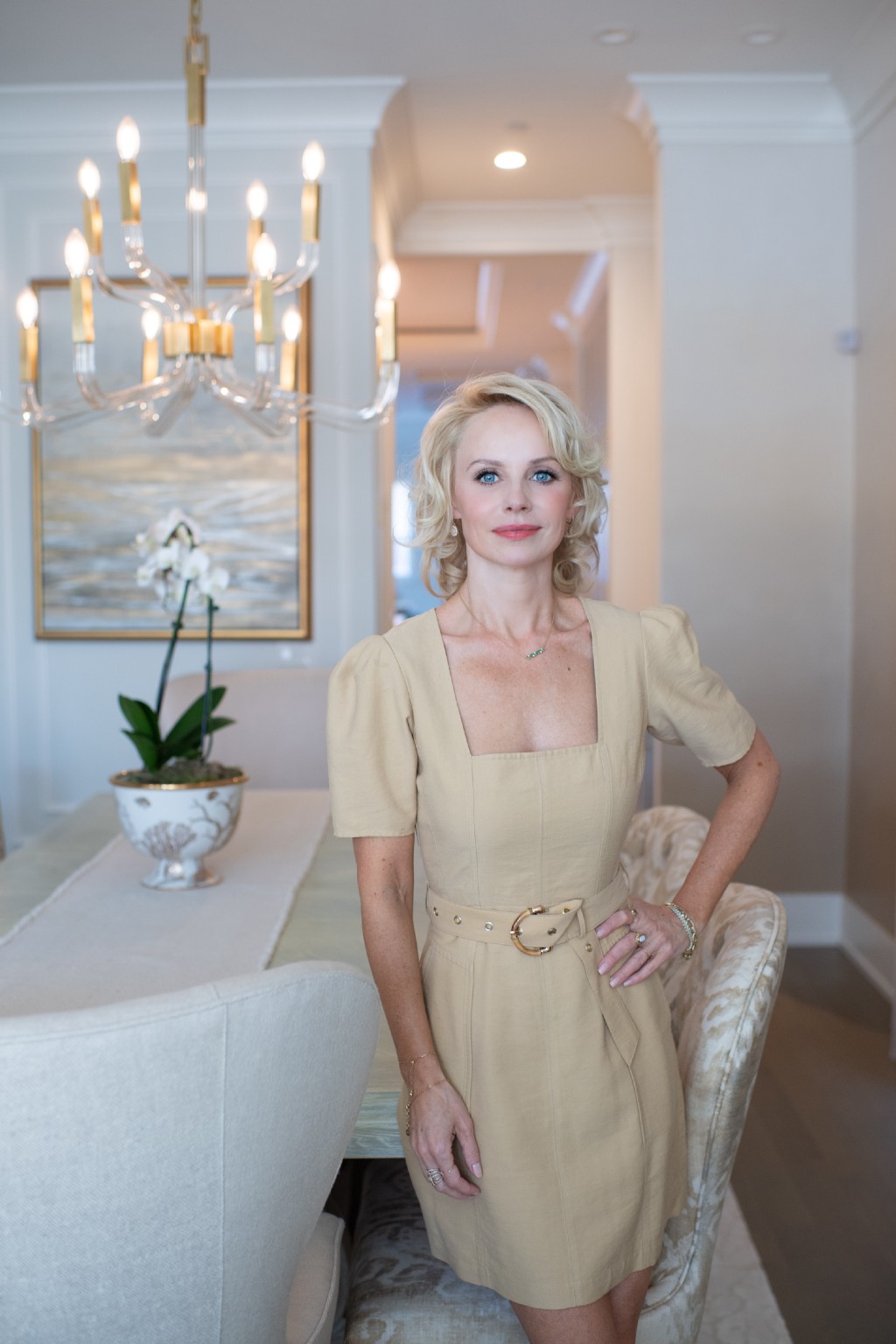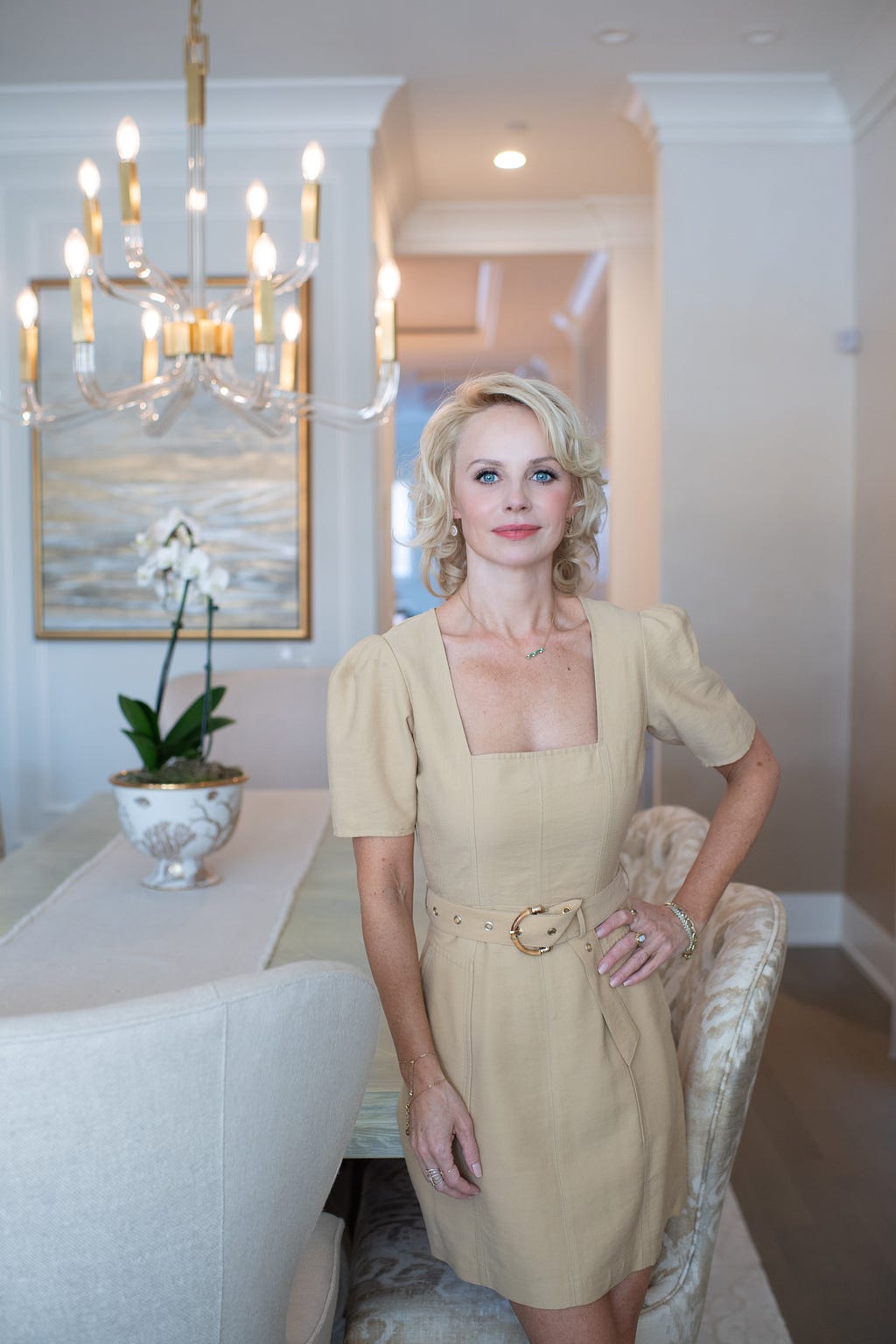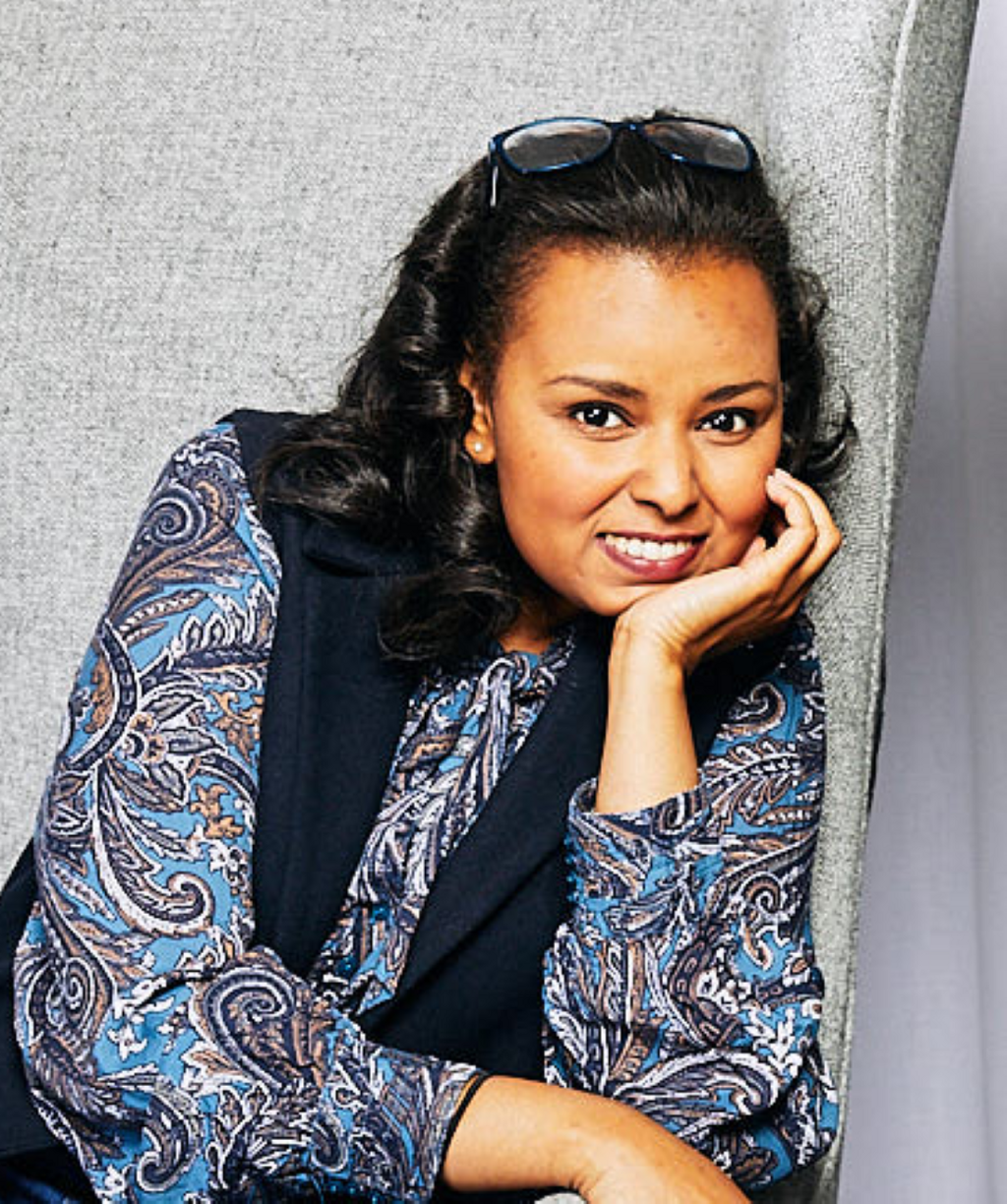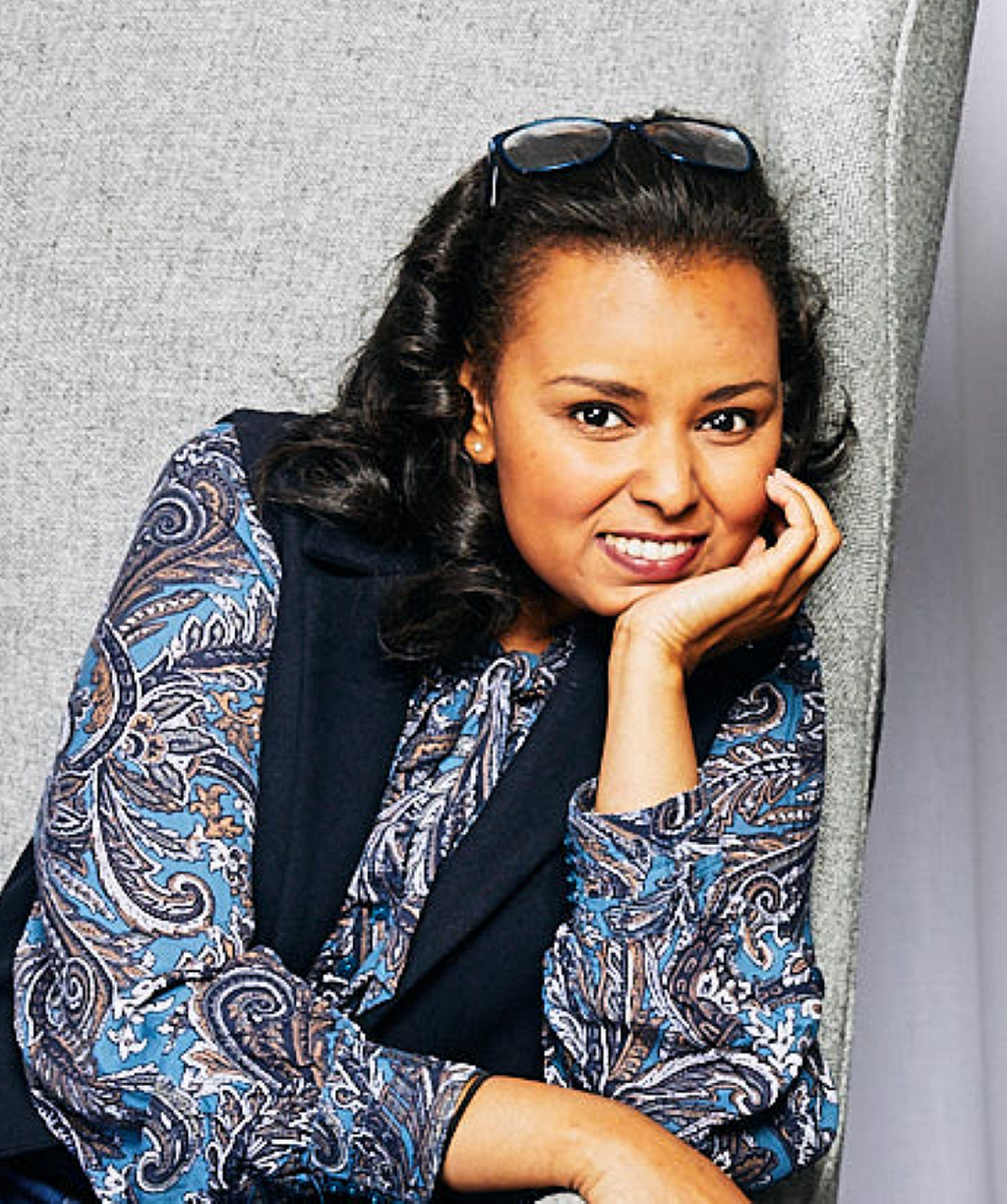Female Founders: Michelle Gilmore of A R Z É On The Five Things You Need To Thrive and Succeed as a Woman Founder
An Interview With Candice Georgiadis
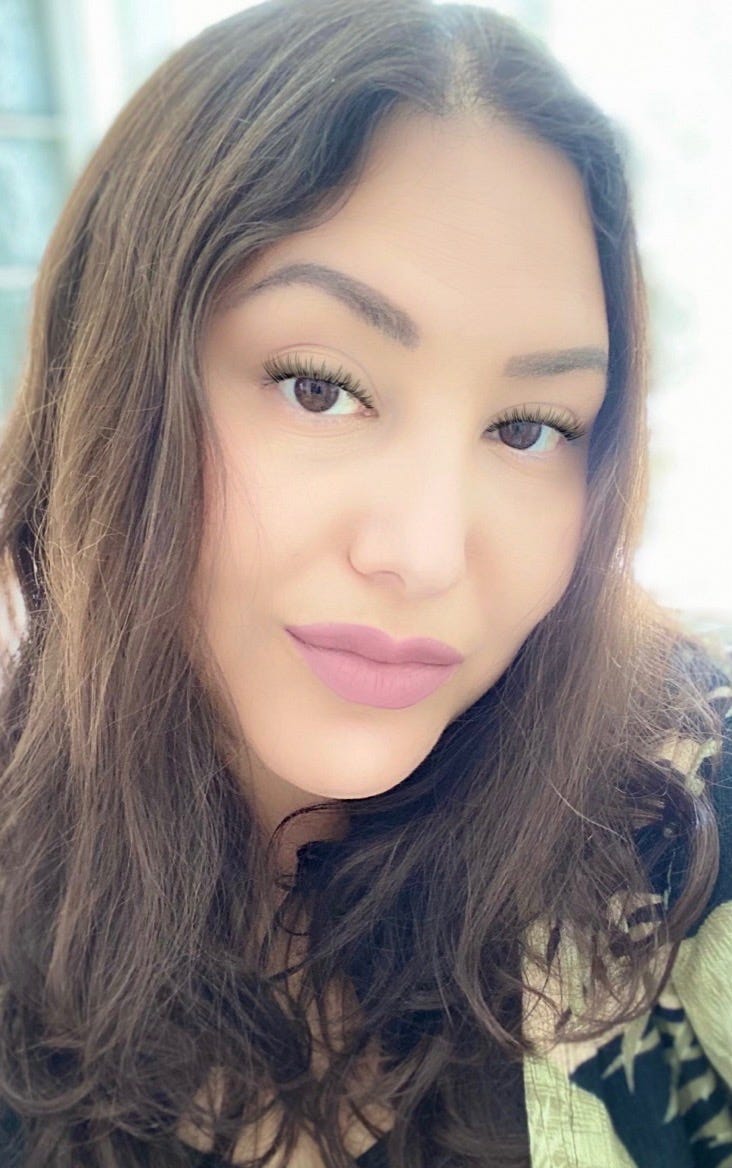
It takes time to grow a business. For most like me, it can take years to become established and known. Enjoy the journey of learning along as you go, sharing your product or service with others, and really appreciate every success or win!
As a part of our series about “Why We Need More Women Founders”, I had the pleasure of interviewing Michelle Gilmore, Founder of A R Z É.
Michelle is a Latina powerhouse that runs A R Z É — a plant-based skincare and natural wellness company with the help of her 11-year-old son, Ezra. Michelle was diagnosed with cancer when she was three months pregnant with Ezra and decided to go the natural and holistic path which led her to create organic, vegan skincare and remedies for all. Website: arzeoils.com IG: @arzeoils
Thank you so much for doing this with us! Before we dig in, our readers would like to get to know you a bit more. Can you tell us a bit about your “backstory”? What led you to this particular career path?
It started back when I was in law school. I got married then shortly after found out I was three months pregnant with my son and was also diagnosed with CML Leukemia at the same time. It was both heartbreaking and life changing news. I decided to focus all my time and energy on educating myself on holistic options and remedies, which led me to choose the natural path during pregnancy. I went into remission and also gave birth to a healthy and amazing son, Ezra. This life challenge opened the door to a more natural and non-toxic lifestyle for both my son and I.
Can you share the most interesting story that happened to you since you began leading your company?
I started this business back in 2014 when my son was just 4 years old. As a single mom, he grew up watching me be a one woman show doing everything for the businesses myself and over time he took a deep interest in helping and sharing the brand with others. Today, he has so many ideas and is super helpful in all aspects of the business. I never thought my business would bloom into a mom and son team.
Can you share a story about the funniest mistake you made when you were first starting? Can you tell us what lesson you learned from that?
I don’t have a funny story, but I can say I had wrong expectations when I first started out. I thought that when I started my business I would have the support of most of my friends and family. The reality was that only a few really helped me and supported me which I am forever grateful for. The lesson I learned is that you have to fully believe in yourself one hundred percent and keep going no matter who is or who isn’t supporting you.
None of us are able to achieve success without some help along the way. Is there a particular person who you are grateful towards who helped get you to where you are? Can you share a story about that?
I have poured all my time, energy and money into A R Z É over the years, and there was a time when it financially didn’t make sense for me to keep going and I had a lot of fear about it. So I got on the phone with my mom and stepfather to get their perspective on it and the love and support I felt through the phone was all the motivation I needed. They told me to do whatever I needed to do to keep going. They told me they had my back 100% in any area and strongly believed in me to make it happen. This was all the encouragement I needed to take the risks that needed to be taken in order to keep going!
Ok, thank you for that. Let’s now jump to the primary focus of our interview. According to this EY report, only about 20 percent of funded companies have women founders. This reflects great historical progress, but it also shows that more work still has to be done to empower women to create companies. In your opinion and experience what is currently holding back women from founding companies?
I can say for me it was fear. Fear of not being able to do it all. Fear of failure. There are so many pressures put on women, wives and especially working mothers that there is an unspoken thought for some that it’s just easier sometimes to not even start something else like a business.
Can you help articulate a few things that can be done as individuals, as a society, or by the government, to help overcome those obstacles?
I believe, just like with everything else, when there is more representation and coverage of women founders and their businesses that’s where we can start to ease some of the fears and pressures while showing to others it can be done.
This might be intuitive to you as a woman founder but I think it will be helpful to spell this out. Can you share a few reasons why more women should become founders?
I feel we should write our own stories and really get to do what we love and are passionate about. The norm and expectations of women will shift as more and more businesses are founded by women, which in turn, will inspire and motivate other women to do the same.
What are the “myths” that you would like to dispel about being a founder? Can you explain what you mean?
I think some people believe that a founder doesn’t do anything other than be the face of a business. In my case, that couldn’t be further from the truth. I do anything and everything for my business. I work more hours now on my business, then I ever did as an employee of a large corporation.
Is everyone cut out to be a founder? In your opinion, which specific traits increase the likelihood that a person will be a successful founder and what type of person should perhaps seek a “regular job” as an employee? Can you explain what you mean?
I think anyone can choose to be a founder, but it does take dedication, time, energy, sacrifices, patience, and so much work. The passion for the product and/or service has to be so much stronger than any doubts or fears in order for it to succeed.
Ok super. Here is the main question of our interview. What are your “5 Things I Wish Someone Told Me Before I Started” and why? (Please share a story or example for each.)
- It takes time to grow a business. For most like me, it can take years to become established and known. Enjoy the journey of learning along as you go, sharing your product or service with others, and really appreciate every success or win!
- Get a mentor. I would say the biggest challenge when I first started was not having mentorship. Not knowing anyone personally doing what I was doing or having anyone pave the way for me forced me to figure it out all on my own. There were many trials and errors. The actual business side of running a business can be overwhelming and challenging at times, but now there are more resources, videos, books and support from other women. Find a mentor.
- Allow others to help you. To this day, it’s still hard for me to allow others to help out since I don’t want to burden others or I feel like I should just do it myself since I know what I want the outcome to be. This is something I am working on, since I know first hand the business will not grow without help. You cannot do it all yourself. There comes a point when you just have to take a deep breath and tell yourself that it’s ok to let go and appreciate all the help you can get in order to scale!
- Your business is like a relationship that you have to pour into. Like in any healthy relationship you have to give your time, energy and love for it to thrive. A positive attitude, making sacrifices, being dedicated and being flexible is helpful. Being honest with yourself about the strengths and weaknesses and checking in to see what needs to be adjusted or changed is important. A business is always evolving and there are ups and downs, but working through challenges and staying committed is key! And remember to celebrate all the growth and good along the way!
- Just start. Start anywhere at any time. You can do it! I started this brand back in 2014 as a single mom recovering from cancer when there weren’t many natural and non-toxic skincare products on the market. People rolled their eyes at being vegan and thought everything on the shelves at their shops or grocery stores was safe and healthy. I had lots of push back. I experienced the power of plants firsthand and wanted to share it with whoever was willing to receive it. I believed in myself and in my products. I learned the business side as I went along. Don’t give your energy to fear or to the opinion of others. Write your story. Just start!
How have you used your success to make the world a better place?
I am being the mentor that I needed when I first started, but most importantly, I created a brand that does not harm animals and one that is not filled with toxic and harmful substances. Instead, I created a brand that is safe, toxic-free and is helping so many people!
You are a person of great influence. If you could inspire a movement that would bring the most amount of good for the greatest number of people, what would that be? You never know what your idea can trigger.
If I could I would ban any product that is toxic or harmful. That would include bad ingredients that can be currently found in: food, makeup, skincare, bodycare, toothpaste, cleaning supplies… on and on the list goes. Selling products with harmful ingredients should not be allowed.
We are very blessed that some very prominent names in Business, VC funding, Sports, and Entertainment read this column. Is there a person in the world, or in the US with whom you would love to have a private breakfast or lunch with, and why? He or she might just see this if we tag them.
When I was eleven years old, I was diagnosed with Vitiligo. I didn’t know anyone else that had it and there wasn’t any representation of anyone with Vitiligo on tv, movies or in magazines. I was embarrassed and not comfortable in my own skin. I remember I used to cover it up with makeup, self tanner or wore clothes that limited showing off my skin. It had a huge impact on my life and who I became, but after fighting cancer and with the birth of my son, I started to let go of the embarrassment and started to love all of myself, which included my skin. I started to embrace all of myself. Taking care of my skin became a priority since it was neglected for so long. Today, I rarely wear makeup or wear just a little and most days all I use is my skincare products on my face and I feel free and grateful for my skin. I just want people to experience the power of pure nature and all its amazing properties and benefits. I want vegan, plant-based and safe products to be the norm in our society. I also want people to know there are people like me who push through despite circumstances and challenges and are proud to have a different backstory. I would like to inspire others with A R Z É and my story.
So I am grateful to anyone who will read this interview. I can’t say there is just one person I would love to connect with, but I do want to inspire at least one person from this interview! Thank you!
Thank you for these fantastic insights. We greatly appreciate the time you spent on this!
Female Founders: Michelle Gilmore of A R Z É On The Five Things You Need To Thrive and Succeed as a… was originally published in Authority Magazine on Medium, where people are continuing the conversation by highlighting and responding to this story.

